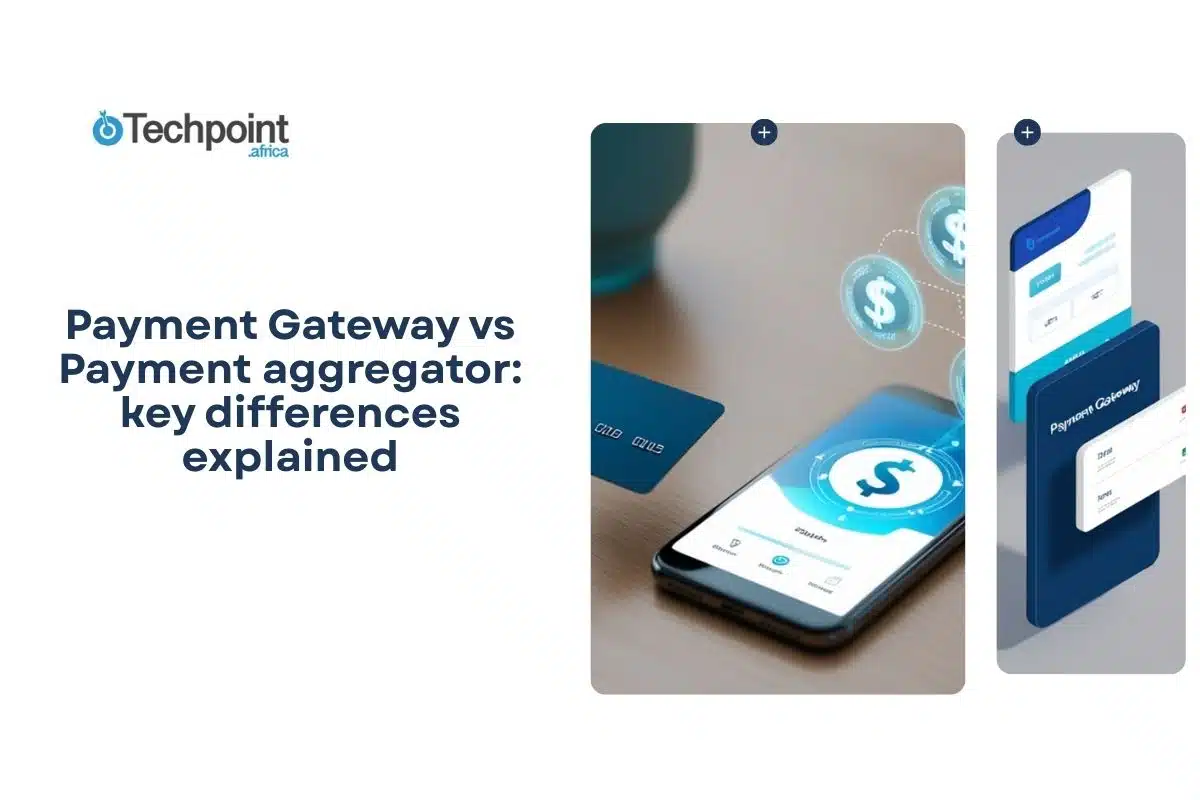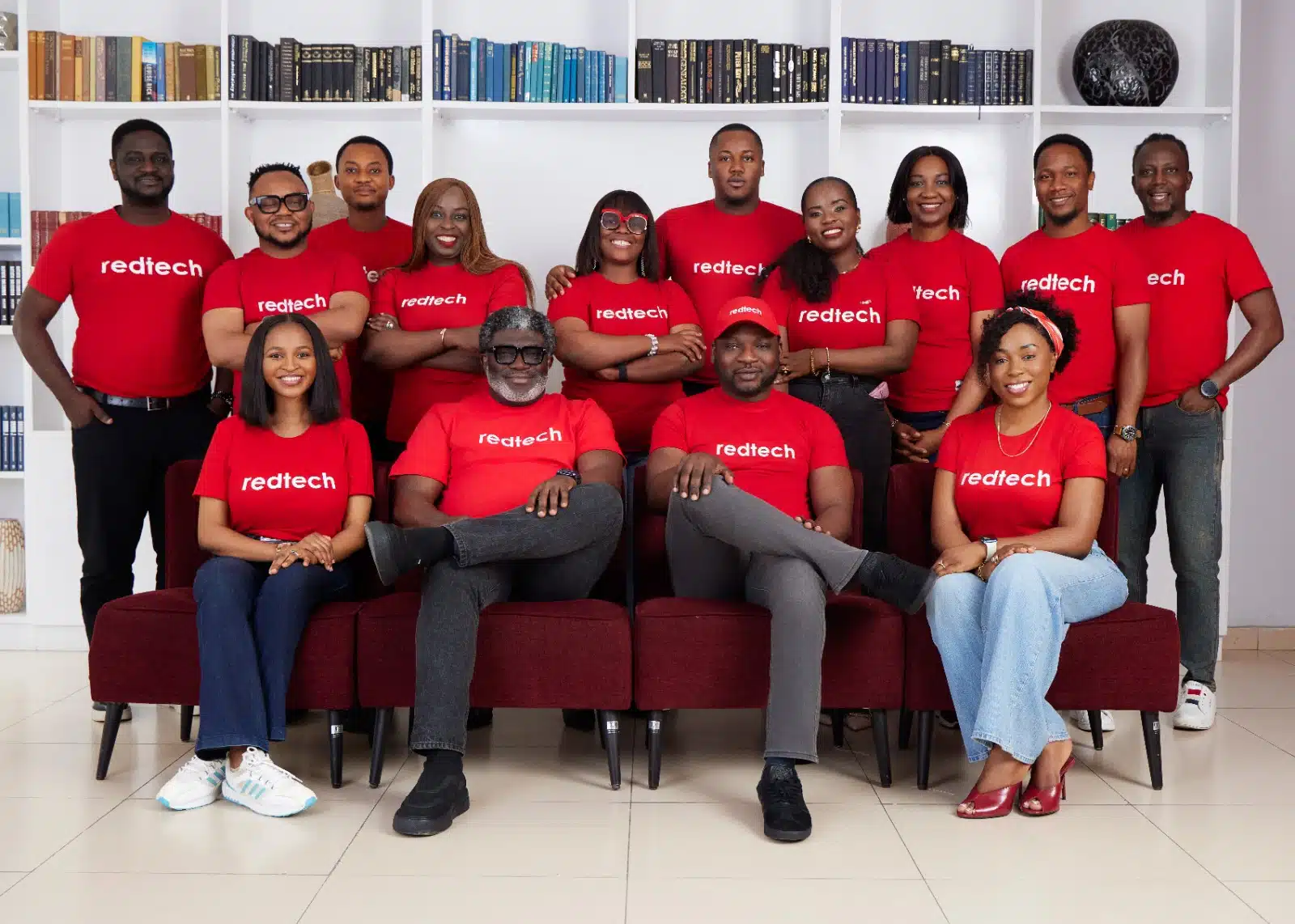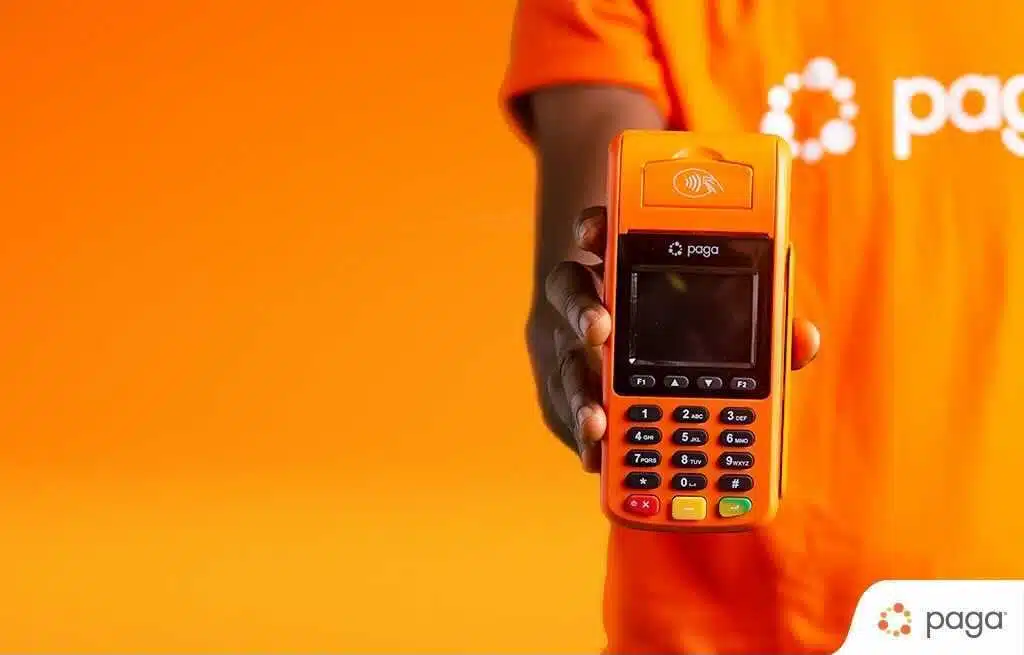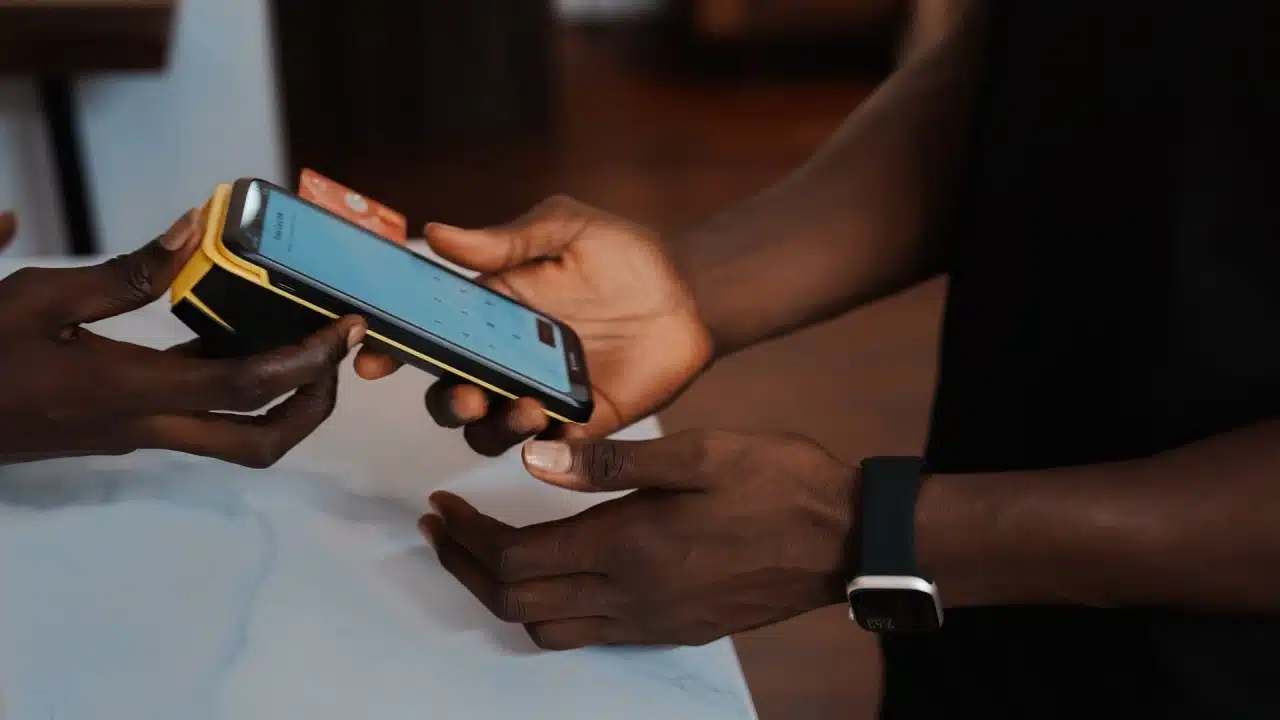On Monday, July 22, 2024, several African startup founders woke up to news that they had a month to close their accounts with the American neobank, Mercury or risk forfeiting their deposits.
The neobank, which had positioned itself as the bank of choice for VC-backed startups, explained that it would be unable to serve startups in these countries due to a change in its compliance procedures.
“The number of customers in these countries is very small (<1% of Mercury deposits), but it was putting a lot of strain on our operational teams and all of our financial partners (partner banks, treasury, payments, etc.). We’ve seen the regulatory environment become stricter recently, which has made us change our approach to certain situations,” CEO Immad Akhund explained in a LinkedIn post.
Unsurprisingly, this sudden shift left the affected founders feeling frustrated and helpless.
“Every single African founder that I know who has sought international-caliber VC funding has incorporated a parent company in the US or Europe – seeking to offer a simple and clear regulatory framework to their investors. As a US-incorporated company, we do not have a choice not to hold a US bank account. And yet, very few banks will take our business, given that we are international business owners,” Jessica Long, CEO of Senegalese eCommerce startup, Maad, said in response to Akhund’s LinkedIn post.
Although their operations are largely local, African startups often have to create bank accounts in the West to boost their credibility in the eyes of investors (most of the continent’s venture capital comes from firms in the West) or to easily pay dollar-denominated bills.
African startups need tailored compliance procedures
Although some countries on Mercury’s no-serve list are also on the FATF Greylist, Leatherback CEO Ibrahim Ibitade notes that most startups requiring US-domiciled funds have already passed rigorous compliance checks, making Mercury’s restrictions unnecessary.
“The fact that this is not the first time that Mercury has singled out African startups suggests that this has little to do with actual risk and more to do with the value they ascribe to African startups. The truth is that most of these international financial services companies don’t know how to run due diligence on African startups, and they don’t give the impression that it is a priority for them to figure it out,” he says.
Isaac Umejiaku, Lead, Enterprise Sales and Partnerships at Verto, takes a more empathetic view.

Victoria Fakiya – Senior Writer
Techpoint Digest
Stop struggling to find your tech career path
Discover in-demand tech skills and build a standout portfolio in this FREE 5-day email course
“If one percent of your revenue is giving you, say, 40% of the risk attacks you’re getting, you probably will need to turn that tap off,” he says.
He points out that Mercury’s regulatory struggles in Africa are unsurprising, given the continent’s relatively low priority in their market strategy, which may lead them to allocate insufficient resources to thoroughly verify African customers.
Victor Alade, CEO of Raenest, points out that most financial services providers in the West did not start with a focus on Africa and may not be bothered to develop processes that suit the continent’s startups.
Raenest launched in 2021 to enable gig workers to receive funds from anywhere in the world. It has since onboarded over 500,000 users and launched a solution for businesses in March 2024.
“We’re Africans. We understand the challenge from an African founder’s perspective, and we started Raenest with that in mind.”
There’s an opportunity for local startups
On the bright side, Mercury’s abandonment has put the spotlight on startups such as Leatherback, Raenest, and Verto, which have been aggressively marketing their solutions.
Ibitade argues that it is important to build financial solutions that provide Africans access to the global financial markets.
“Banks like Mercury have consistently shown that they are happy to use African startups as collateral damage when there is any pressure on their compliance procedures. African startups have been bending over backwards to meet their requirements, and they have constantly been treated unfairly. We need to build banking services that enable African startups and scaleups to start today and scale globally as they desire,” he argues.
At Raenest, Alade shares that interest in its business banking solution has been growing since it launched in March (on average, the startup is onboarding 15 startups each month). Nevertheless, Raenest and similar fintechs have a significant journey ahead to fill the gap left by Mercury.
While they all claim to provide services comparable to those of Mercury and Brex, they have not gained mainstream acceptance among African startups, and Ibitade cites perception as a primary challenge.
“It’s not that startups are not aware that Leatherback exists. It is often that they have the perception that we either cannot do what we claim or they are not aware of our capacity.”
Umejiaku acknowledges that concerns persist regarding the perceived risk and service limitations of some alternative solutions, but notes that most are dependable and compliant with regulatory standards.
He dispels concerns that local startups cannot step in, asserting that they are well-equipped to handle the challenge.
“We have very good market knowledge, and Nigeria is not one percent of our books.”











